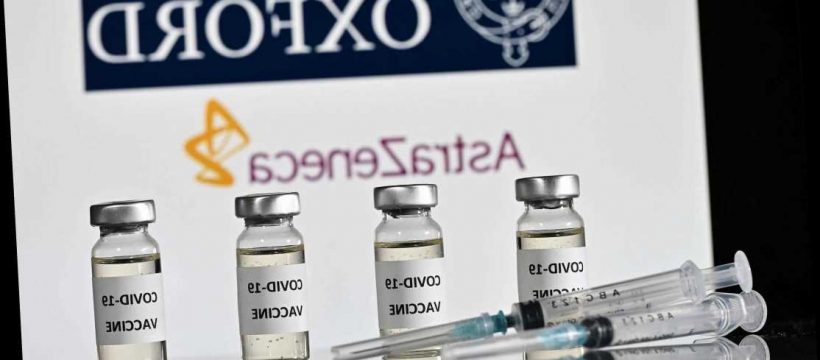REGULATORS in the UK today approved the Oxford/AstraZeneca coronavirus vaccine and Brits could receive the jabs in days.
Around 24 million people are set to get the jab before Easter in a bid to immunise the entire population.
⚠️ Read our coronavirus live blog for the latest news & updates
Health Secretary Matt Hancock hailed the vaccine as a "great British success story" which will help the country out of the pandemic "by spring".
The vaccine has been approved for use in over 18s.
Today it was also revealed that people with allergies would be able to have both the Oxford jab and the Pfizer jab as long as they aren't allergic to any of the ingredients.
Experts also stated that pregnant and breastfeeding women would also be able to have the jab as long as they discussed their individual situations with health care practitioners.
NHS providers will contact you when it's your turn to have the jab, but how does the vaccine work and when will it be rolled out?
How does the AstraZeneca/Oxford vaccine work?
The jab, from Oxford and AstraZeneca, could give up to 70 per cent protection 22 days after the first dose.
People won't need their second dose for another three months – allowing medics to roll the first jabs out to as many people as possible.
Early results from the vaccine previously revealed that the vaccine triggers a "robust" immune response that also works in the elderly.
The vaccine – called ChAdOx1 nCoV-19 – uses a harmless, weakened version of a common virus which causes a cold in chimpanzees.
Researchers have already used this technology to produce vaccines against a number of pathogens including flu, Zika and Middle East respiratory syndrome (Mers).
The virus is genetically modified so it is impossible for it to grow in humans.
Scientists have transferred the genetic instructions for coronavirus's specific "spike protein" – which it needs to invade cells – to the vaccine.
When the vaccine enters cells inside the body, it uses this genetic code to produce the surface spike protein of the coronavirus.
This induces an immune response, priming the immune system to attack coronavirus if it infects the body.
ROLL OUT ROLL OUT
Britain has ordered 100 million doses of the vaccine, which is enough to vaccinate 50 million people.
Along with the 30 million doses of Pfizer's vaccine, the UK now has enough doses ordered to vaccinate the entire population, Mr Hancock said.
Hailing the approval as "fantastic news, the Health Secretary today confirmed its roll-out would begin on January 4.
While there has been no confirmed priority list for the jab – it's believed it will follow guidance from the Joint Committee on Vaccination and Immunisation (JCVI) will be followed.
This means that people in care homes and there carers will be first in line.
The UK Government has secured 100 million doses as part of its contract, enough for most of the population.
Speaking today AstraZeneca's chief executive Pascal Soriot told BBC Radio 4's Today programme deliveries will be ramped up "very rapidly" in the first and second week of January.
He added: "The vaccination will start next week and we will get to one million a week and beyond that very rapidly.
"We can go to two million. In January we will already possibly be vaccinating several million people and by the end of the first quarter we are going to be in the tens of millions already."
Does it differ to Pfizer and Moderna's vaccines?
Yes. The jabs from Pfizer and Moderna are messenger RNA (mRNA) vaccines.
Conventional vaccines are produced using weakened forms of the virus, but mRNAs use only the virus's genetic code.
An mRNA vaccine is injected into the body where it enters cells and tells them to create antigens.
These antigens are recognised by the immune system and prepare it to fight coronavirus.
No virus is needed to create an mRNA vaccine. This means the rate at which the vaccine can be produced is accelerated.
What about antibodies and T-cells?
The Pfizer, AstraZeneca and Moderna vaccines have been shown to provoke both an antibody and T-cell response.
Antibodies are proteins that bind to the body's foreign invaders and tell the immune system it needs to take action.
T-cells are a type of white blood cell which hunt down infected cells in the body and destroy them.
Nearly all effective vaccines induce both responses.
The Oxford vaccine induces robust antibody and T-cell responses across people of all ages, the data indicates.
Can this vaccine help the elderly?
There have been concerns that a Covid-19 vaccine will not work as well on elderly people, much like the annual flu jab.
However, data from the Oxford-AstraZeneca trial suggests there have been "similar" immune responses among younger and older adults.
The results show that the vaccine is better tolerated in older people compared with younger adults, and produces a similar immune response in old and young adults.
Source: Read Full Article




